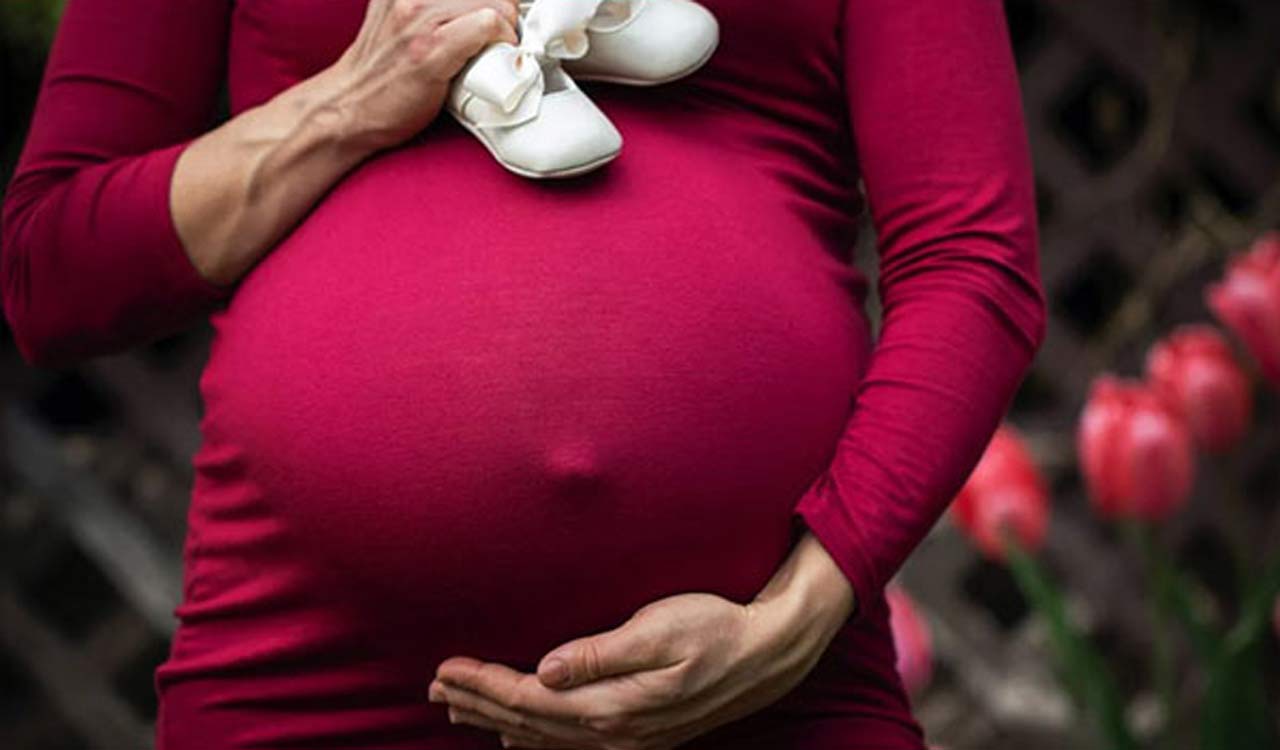Traditionally, several studies had indicated that those women conceiving at later ages after 35 years had chances of delivering a child with Down syndrome.
Updated On – 21 March 2024, 03:25 PM

Kochi: Screening all pregnancies, irrespective of age, may help in early identification of Down syndrome cases, said doctors on World Down Syndrome Day on Thursday. Children born with the genetic condition have an extra full or partial copy of chromosome 21. They typically experience deficits in brain development, heart disease, thyroid gland dysfunction, vision impairment, and hearing loss.
“It is imperative to adopt universal first-trimester screening, employing biochemical marker measurements in blood and ultrasound examinations, which boasts up to 90 per cent accuracy in identifying foetal risk,” said Sheela Nampoothiri, Head of Paediatric Genetics, Amrita Hospital, Kochi, in a statement.
Traditionally, several studies had indicated that those women conceiving at later ages after 35 years had chances of delivering a child with Down syndrome, and thus screening was done only among these women.
“But Down Syndrome being a chromosomal abnormality can happen at any maternal age. Thus, universal screening must be done in all pregnant women irrespective of age to rule out the possibilities of Down syndrome,” Vipul Gupta – chief of Neurointervention and co-chief of stroke unit, at Artemis Hospital, Gurugram, told IANS.
Debunking age-based assumptions, Nampoothiri cited a recent study led by her at Amrita Hospital to “reinforce the need for universal screening for Down syndrome to all pregnant women and not only limited to women above 35 years of age”.
Of the 418 children with Down syndrome in the study, 78 per cent were born to mothers under 35 years. “This showcases the alarming situation of otherwise missing such a huge percentage of cases being detected if the screening was only conducted above 35 years of pregnant women,” the doctor said.
Vipul noted that although the risk of having a child with Down syndrome increases with maternal age, it’s essential to recognise that Down syndrome can occur in pregnancies at any age.
“Foetal protein (serum concentration) is used to screen neural tube defects in the foetus. If any significant amount is lower than the reference then the foetus is suspected for Down Syndrome. Therefore, universal screening ensures that all pregnant individuals can make informed decisions about their healthcare and pregnancy management,” the doctor said.




